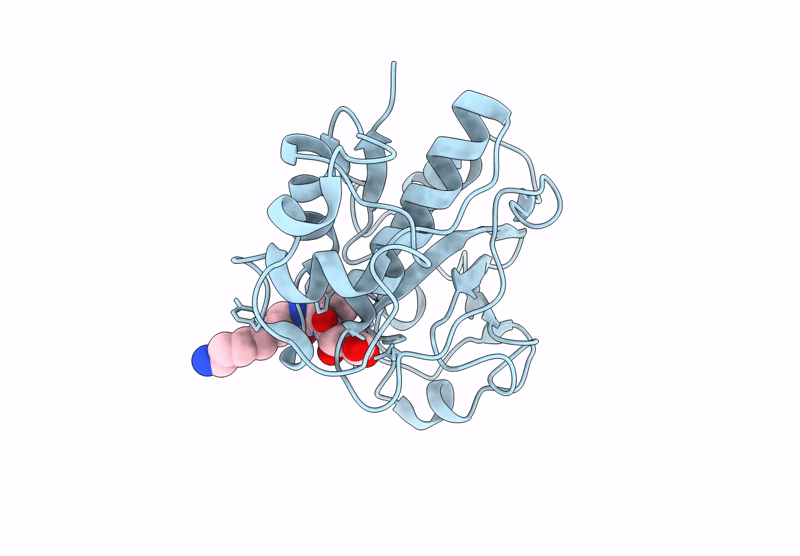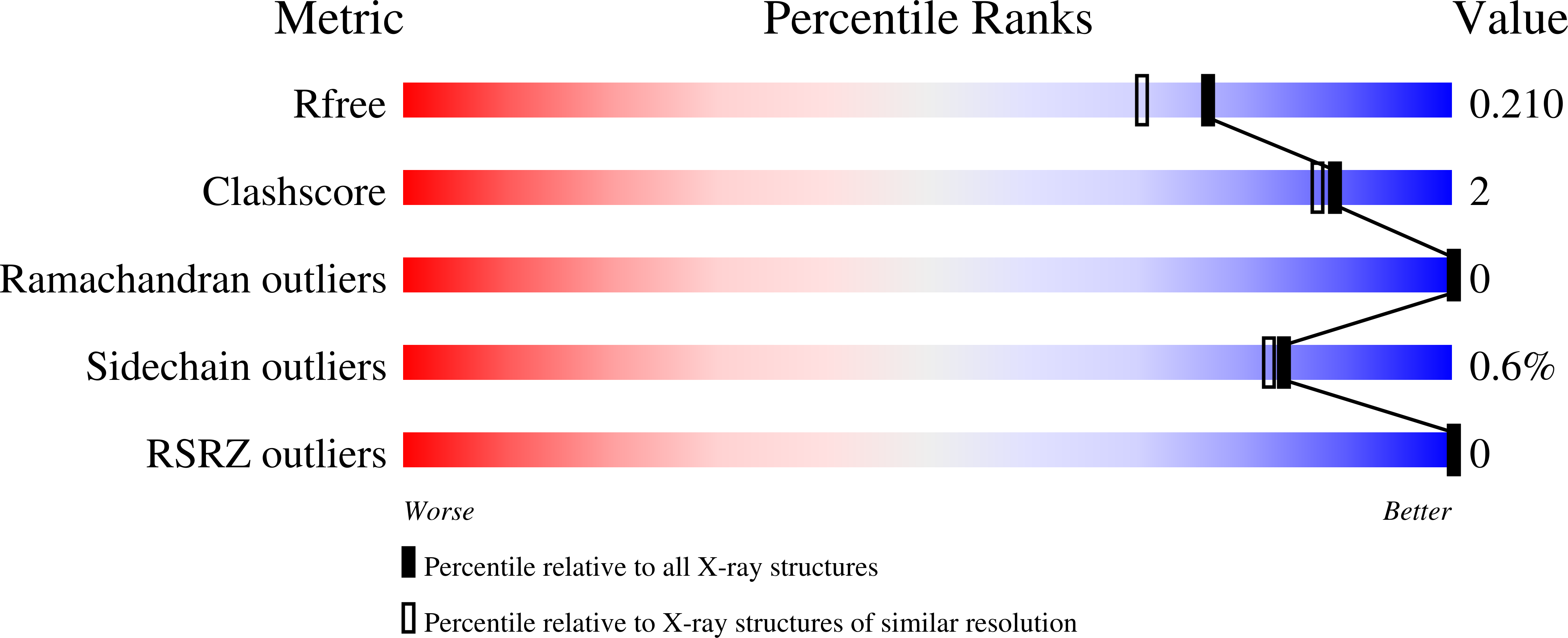
Deposition Date
2025-02-13
Release Date
2025-03-26
Last Version Date
2025-03-26
Entry Detail
PDB ID:
9NB4
Keywords:
Title:
Serial synchrotron X-ray diffraction structure of papain microcrystals soaked with natural product E-64-A65
Biological Source:
Source Organism(s):
Carica papaya (Taxon ID: 3649)
Method Details:
Experimental Method:
Resolution:
1.80 Å
R-Value Free:
0.20
R-Value Work:
0.16
R-Value Observed:
0.16
Space Group:
P 21 21 21


